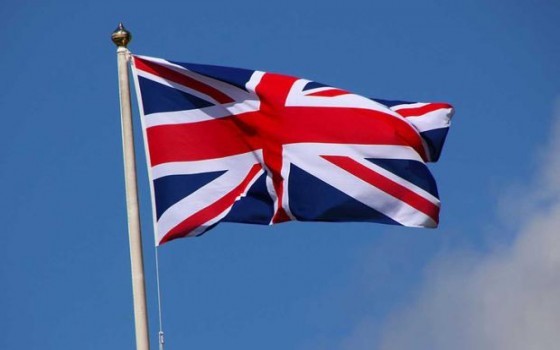
The body of Queen Elizabeth II in London for the last farewell

- Europe and Arabs
- Wednesday , 14 September 2022 13:55 PM GMT
AFP
Hundreds of thousands of Britons are expected to bid farewell to their popular late Queen Elizabeth II in London, about a week after her death in Scotland.
The coffin of the Queen, who died on Thursday at the age of 96, arrived in the British capital on Tuesday evening.
After a night at Buckingham Palace, the body will be taken to Westminster Hall, the oldest hall in the British Parliament, in an official procession in central London.
For five days, from 17:00 (16:00 GMT) Wednesday to 06:30 Monday National Funeral Day, the British can come to bid farewell to the Queen, who has unanimously praised her dedication for more than 70 years.
Hundreds of thousands of people are expected to visit Westminster Hall, which will remain open 24 hours a day. But it takes patience with long lines that can stretch for miles.
Elizabeth II's coffin was shrouded from Monday evening to Tuesday evening at St Giles' Cathedral in Edinburgh. Some 33,000 people, some of them weeping, waited for hours to see the coffin draped in the royal flag.
The Queen has always been a rock of stability in the face of political, social and health storms during the spread of the Covid-19 epidemic, and a reassuring image for millions of Britons during her decades on the throne.
On Tuesday evening, Princess Anne, the only daughter of Queen Elizabeth, accompanied the coffin on the plane that took him from Edinburgh to London. The new King Charles III was present to receive the casket upon his arrival at Buckingham Palace after spending the day in Northern Ireland, the decisive stop on his accession to the throne.
- Charles Masked-
The Queen was instrumental in reconciliation in Scotland, a bloody province. But nearly a quarter of a century after the return of a shaky peace between mostly Catholic Republicans and mostly Protestant Unionists, tensions with Brexit intensified, giving impetus to the idea of secession from the United Kingdom and reunification with the Republic of Ireland.
"With a shining example before me, and with God's help, I take on my new duties determined to strive for the well-being of all the people of Northern Ireland," the king told the local parliament, which has been suspended for months.
After London, Edinburgh and Belfast, Charles III heads Friday to Cardiff, Wales, the last stop of his tour of the four British provinces. The king's popularity has risen dramatically since he took the throne, according to a YouGov poll published on Tuesday.
Three out of five people think he will be a good king, compared to barely more than 30% a few months ago.
Northern Ireland is suffering from political paralysis amid the changes caused by the victory of Sinn Fein, the Republican party, which does not recognize the authority of the monarchy, in the recent legislative elections.
- logistical challenge -
But the most important now is the period of reflection and mourning, as the country prepares for a major logistical and security challenge in the coming days.
After prayers at the palace in the presence of the king and the royal family, the body will be transported from Buckingham Palace at 1300 GMT Wednesday in a procession through central London on a cannon car, to the Palace of Westminster.
The King and members of the royal family will be there as Big Ben chimes with cannon shots from Hyde Park.
Hotels full, traffic cut off, pubs crowded... The British capital was preparing Tuesday for the funeral of the century.
While the queues to see the Queen will be very long, the government has warned of "severe restrictions" similar to those taken at airports to manage crowds at the Palace of Westminster.
And if the authorities refuse to give a number, the press reported that 750,000 people are ready to wait, which can take tens of hours. In 2002, about 200,000 people came to bid farewell to Queen Mother Elizabeth, whose body was laid in public for three days.
The crowd is set to be even bigger this time during "The Funeral of the Century", the first national funeral since 1965 - Winston Churchill's - which will take place on Monday 19 September with some 500 foreign dignitaries and many members of royal families.



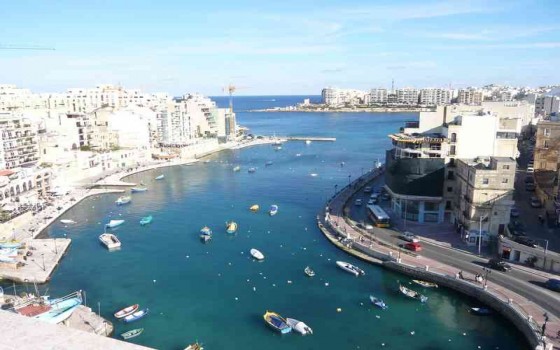



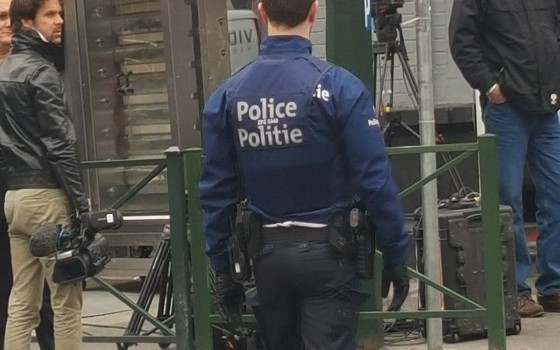
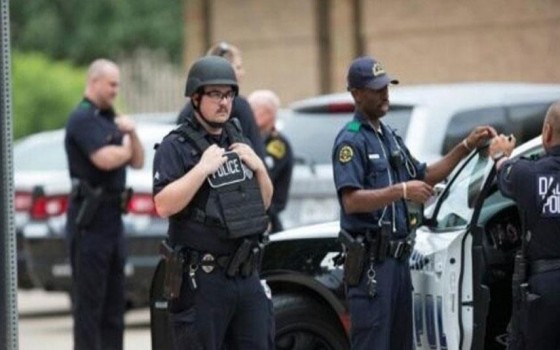
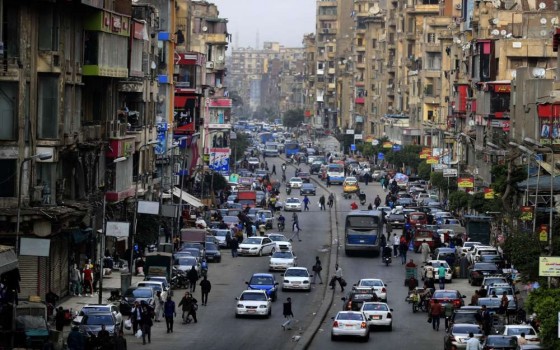
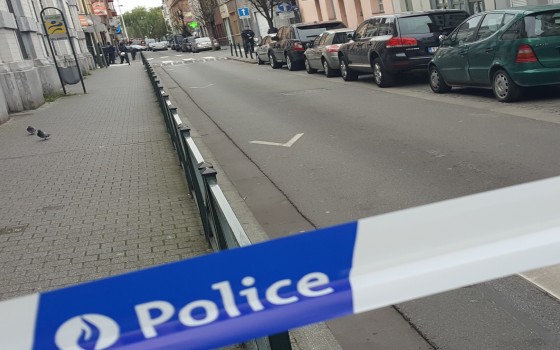

No Comments Found